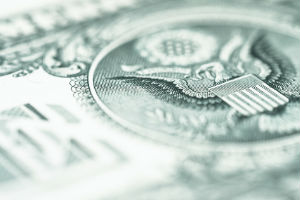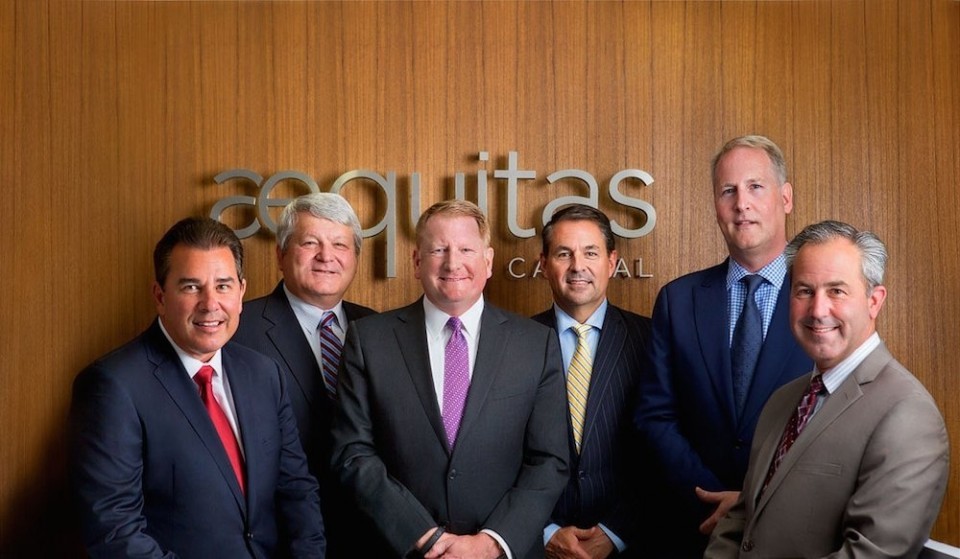- CALL TODAY
- 800.487.4660
Unsafe CDs: You Can Lose Your Shirt Investing In High Yield Certificates of Deposit.

When you think of CDs (certificates of deposit), you probably think of a safe, rather boring investment. While that is true for many CDs, in the search for income and better yields, some investors are investing in exotic CDs that are extremely risky.
1. Traditional CDs Are Safe. Boring, But Safe.
A traditional CD is a very safe investment. Most CDs are insured by the federal government (FDIC). You can buy them at almost any bank. They offer a higher interest rate than a traditional savings account because you are promising the bank that you will not withdraw your money for a set period of time, usually ranging from as short as three months to as long as five years. Even if the bank goes out of business, your initial investment (your principal), is guaranteed. While traditional CDs are very safe, in today’s low interest rate environment, they don’t pay much. Investors, especially seniors who need income, are desperately looking for investments that pay higher yields
2. You Can Lose Your Principal Investing In Exotic CDs
Exotic CDs promise to give investors the income they’ve been looking for. Unfortunately, because these investments are called “CDs”, investors incorrectly assume that they are safe. In reality, the higher yields exotic CDs promise come with higher risk. If you invest in exotic CDs, you can lose your initial investment. Here are the hidden risks of three of the most dangerous types of exotic CDs
a. Uninsured CDs: Banks that are not insured can still offer CDs. These CDs pay much higher rates, but if the bank goes under,you can lose everything. Before you buy a CD, make sure that it is FDIC or NCUA insured.
b. Foreign Currency CDs: These CDs, also called world CDs, are really a tool for investors to speculate on foreign exchange rates, an investment that is on the opposite end of the spectrum from traditional CDs. The way these CDs work is that you buy a CD from a U.S. bank with U.S. dollars. Then, the bank converts your investment into a foreign currency. At the end of the CD term, the investment is converted into dollars. If the foreign currency dropped during the CD term, you can lose principal, not just interest payments. You can lose your initial investment even if these CDs are FDIC insured. These CDs can be insured against the risk that the issuing bank will go out of business, but are not insured against currency exchange rate losses.
c. Brokered CDs: Brokered CDs are very similar to bank CDs, with two significant differences. First, they are sold by brokerage firms, not banks. Second, there is a secondary market for brokered CDs. With a bank CD, if you need your money and the term has not yet expired, you might give up some interest or pay some small fee to get your money back. Not fun, but not the end of the world, either. With a brokered CD, if you need your money before the CD term expires, you have to sell your CD to another investor—you can’t just liquidate your CD. If interest rates go up, you might have to sell your CD at a loss if you need your money quickly.
3. The Marketing Pitch For Superior Returns on Exotic CDs Doesn’t Match Reality.
Even if you don’t lose your principal in exotic CDs, your returns will probably be much lower than you originally thought. If you read the fine print, you will discover that these three types of CDs are overrated:
a. Callable CDs: These CDs are hot right now, but they are also dangerous. Callable CDs are different from normal CDs in two important ways. First, they are long-term investments. While a traditional long-term CD might lock up your money for as long as five years, callable CDs can lock in your cash for twenty years. Second, unlike traditional CDs, where you can get out of the investment if you want but the bank is locked in, with callable CDs, the tables are turned. The bank can terminate the CD, but you cannot.
This creates a “heads I win tails you lose” scenario. If interest rates go down, just when you start to think that the interest rate you have on your callable CD is a good deal, the bank will “call,” or cancel, your CD. On the other hand, if interest rates go up, you can be stuck in an underperforming investment for twenty years!
b. Market-Indexed or Equity-Linked CDs: These CDs are popular right now too, because financial advisors can make big commissions selling them, but returns will be lower than you think. A financial advisor who is selling these CDs will promise stock market-based returns with no possibility of losing your investment, but the reality is that you might only make a small fraction of any rise in the stock market. In the fine print, caps on gains and other tricky, technical ways of calculating stock market swings with as little upside as possible punish CD holders.
c. Foreign Currency CDs: One attraction to foreign currency CDs is that they promise higher interest rates. “Wow!” an investor will say, “The interest rates in Brazil are so much higher than they are here in America. Buying this is a no-brainer.” Unfortunately, the financial advisors who push these products conveniently forget to mention that, while interest rates might be higher in a foreign country, so is inflation. Because inflation erodes the value of your foreign currency, high foreign inflation also saps the profitability out of these investments.
Exotic CDs promise higher returns than traditional certificates of deposit for a reason–you can lose money investing in exotic CDs! Don’t let the name fool you–high yield CDs are anything but safe. If you lost money in exotic CDs, the investment fraud lawyers at Investor Defense Law LLP may be able to help you recover your losses. Contact them today for a free investment loss analysis.
Investor Defense Law LLP is a law firm dedicated to helping investors in California, Georgia and Washington recover losses caused by stockbrokers, financial advisors, or investment firms. To learn more, contact an investment fraud attorney at 800.487.4660.



